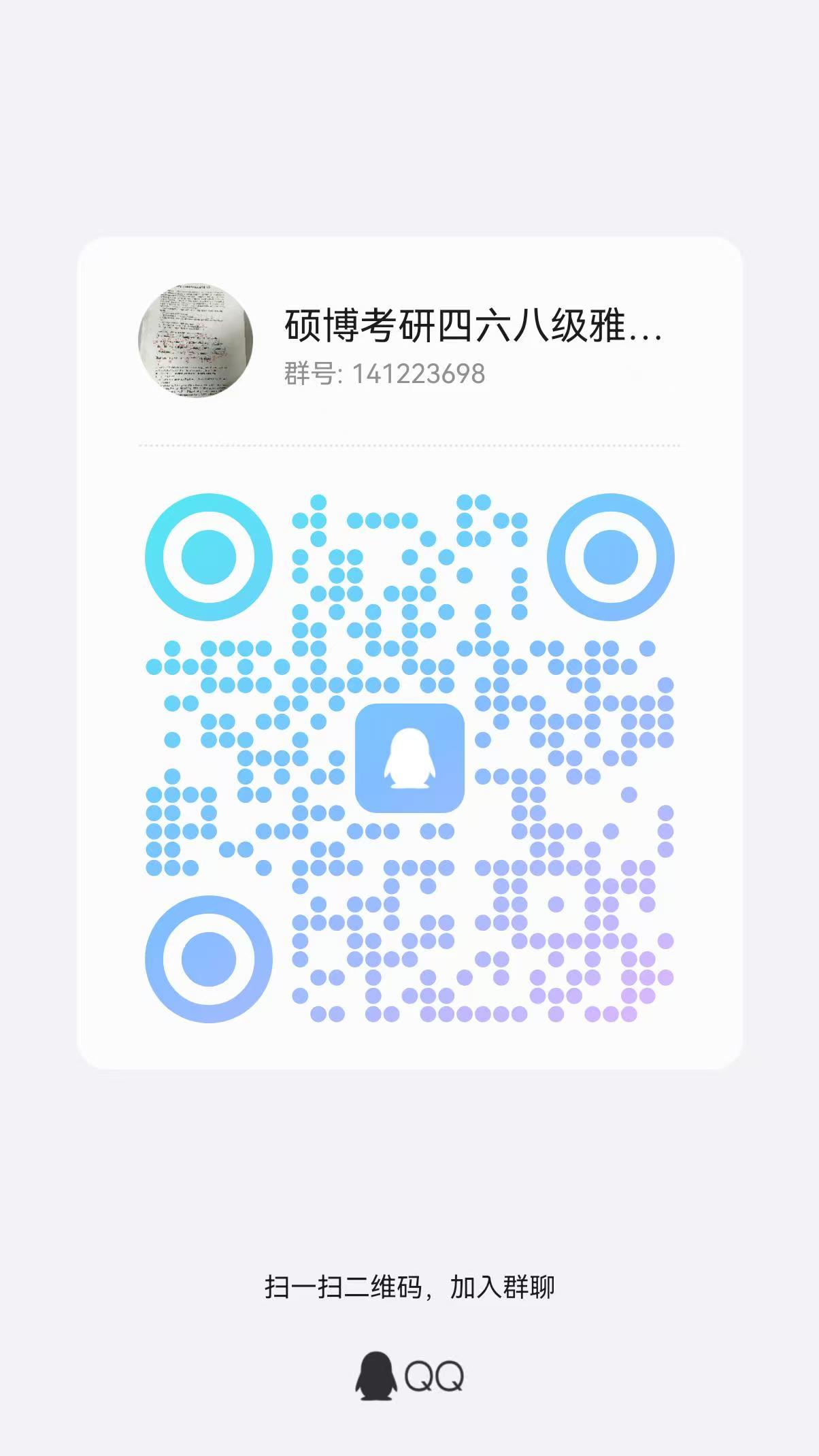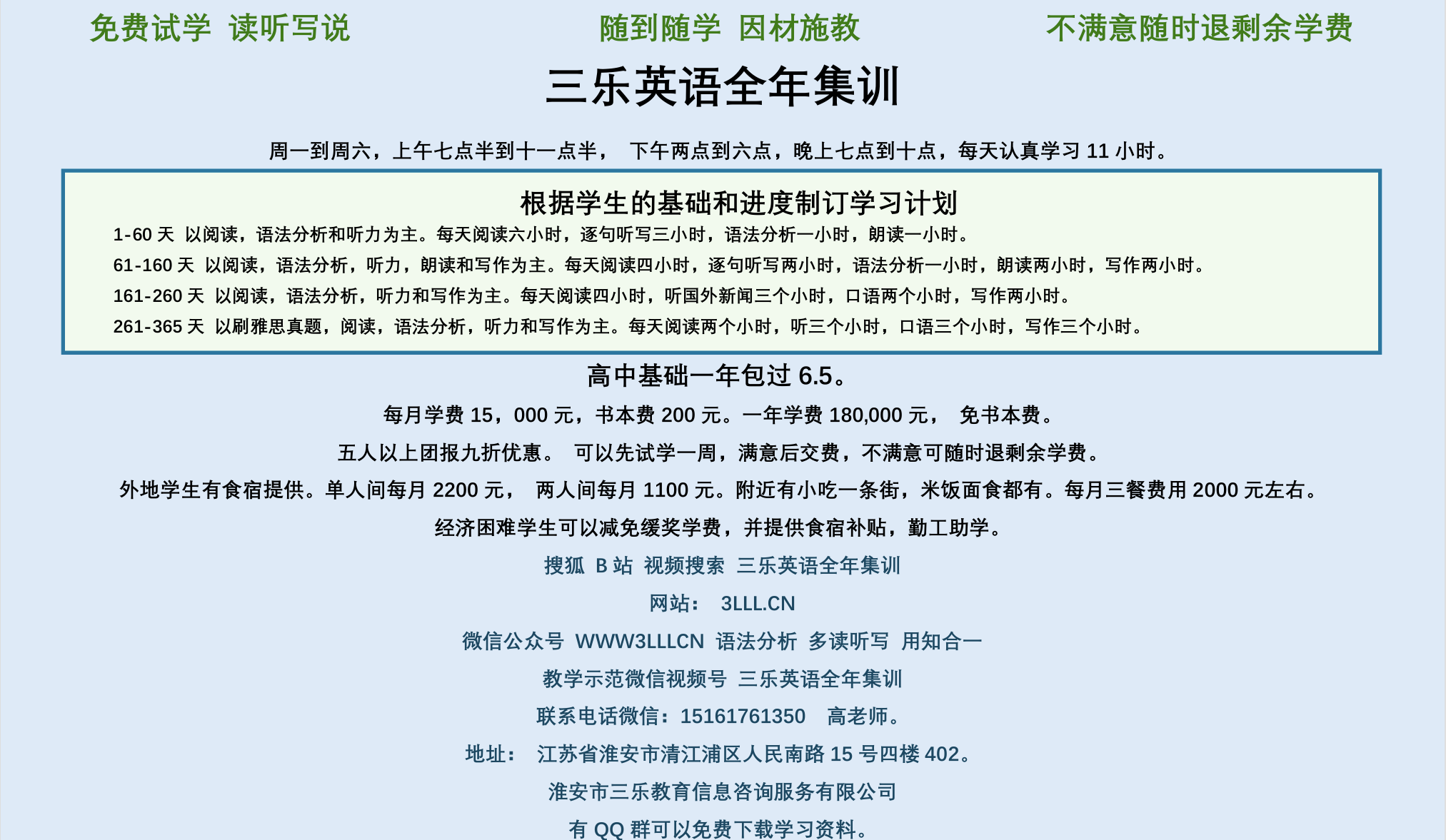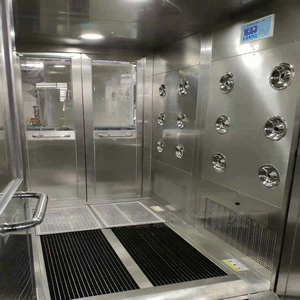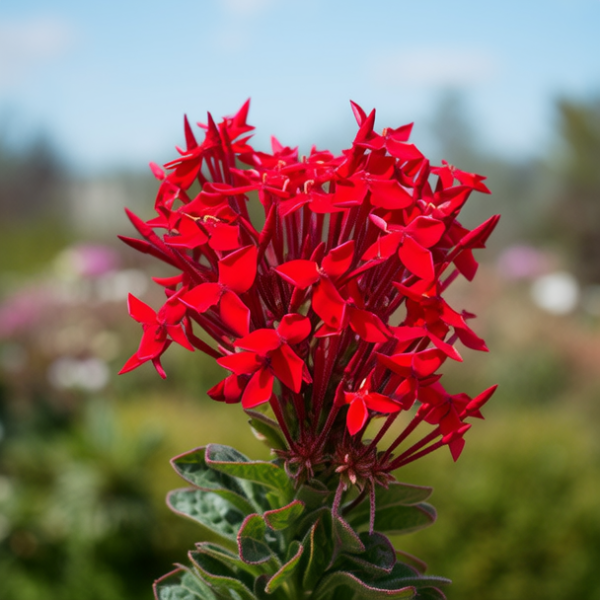🗣 SL提问: 纳米ai开发者
✍️ Ai批改: A developer of Nano AI! That's a fascinating field.
As a developer of Nano AI, your primary focus would be on creating artificial intelligence (AI) and machine learning (ML) models that can efficiently run on resource-constrained devices, such as:
1、Edge devices: smartphones, smart home devices, wearables, and IoT devices.
2、Microcontrollers: tiny computers used in embedded systems, robotics, and other applications.
3、Specialized hardware: like Google's Tensor Processing Units (TPUs), Field-Programmable Gate Arrays (FPGAs), or Application-Specific Integrated Circuits (ASICs).
The goal of Nano AI is to enable AI and ML capabilities on devices with limited processing power, memory, and energy resources、To achieve this, developers use various techniques, such as:
1、Model pruning: reducing the complexity of ML models while maintaining their accuracy.
2、Quantization: representing model weights and activations using fewer bits, reducing computational requirements.
3、Knowledge distillation: transferring knowledge from a large, pre-trained model to a smaller one.
4、Efficient neural network architectures: designing models that require fewer computations and parameters.
Some popular frameworks and tools for developing Nano AI include:
1、TensorFlow Lite: a lightweight version of TensorFlow for mobile and embedded devices.
2、TensorFlow Lite Micro: a framework for developing ML models on microcontrollers.
3、PyTorch: a popular deep learning framework that can be used for Nano AI development.
4、Arm CMSIS-NN: a software framework for developing ML models on Arm-based microcontrollers.
As a developer of Nano AI, your tasks might include:
1、Designing and training ML models: creating models that are optimized for performance, power consumption, and memory usage.
2、Model optimization: applying techniques like pruning, quantization, and knowledge distillation to reduce model complexity.
3、Porting models to target hardware: deploying models on edge devices, microcontrollers, or specialized hardware.
4、Performance optimization: ensuring models run efficiently on resource-constrained devices.
If you're interested in becoming a Nano AI developer, here are some skills to focus on:
1、Programming skills: proficiency in languages like C, C++, Python, and familiarity with frameworks like TensorFlow or PyTorch.
2、Machine learning fundamentals: understanding of ML concepts, such as supervised and unsupervised learning, neural networks, and deep learning.
3、Computer vision and natural language processing: knowledge of CV and NLP techniques, as well as their applications on edge devices.
4、Embedded systems: familiarity with microcontrollers, embedded Linux, and real-time operating systems.
The applications of Nano AI are vast and exciting, ranging from:
1、Smart home automation: enabling voice assistants, gesture recognition, and object detection on low-power devices.
2、Edge AI: running AI models on edge devices, like security cameras, drones, or autonomous vehicles.
3、Wearable technology: developing AI-powered wearables, such as smartwatches or fitness trackers.
4、Healthcare: creating AI-driven medical devices, like portable diagnostic equipment or patient monitoring systems.
Are you interested in learning more about Nano AI development or have specific questions about this field?
0
IP地址: 116.179.41.177
搜索次数: 785
提问时间: 2025-04-20 20:52:56
❓️ 热门提问:
1971到1975年黄金价格走势图
ai,免费绘画
ai代写.
翠花黄金
ai画图app
黄金趋势图国际金价走势
赤金首饰
铂金足金是多少
宁波外贸b2b网站
中国现有外汇储备
豌豆Ai站群搜索引擎系统
🤝 关于我们:
三乐Ai
作文批改
英语分析
在线翻译
拍照识图
Ai提问
英语培训
本站流量
联系我们

🔗 友情链接:
域名抢注
검색 엔진 소스 코드
ai提问
📢 温馨提示:本站所有问答由Ai自动创作,内容仅供参考,若有误差请用“联系”里面信息通知我们人工修改或删除。
👉 技术支持:本站由豌豆Ai提供技术支持,使用的最新版:《豌豆Ai站群搜索引擎系统 V.25.05.20》搭建本站。

















